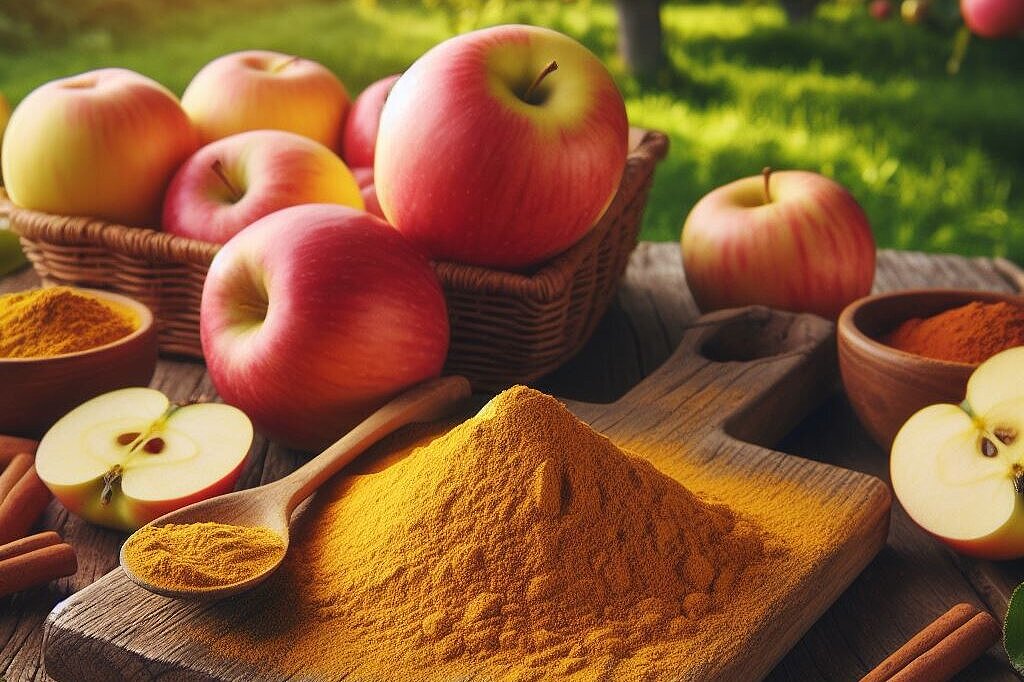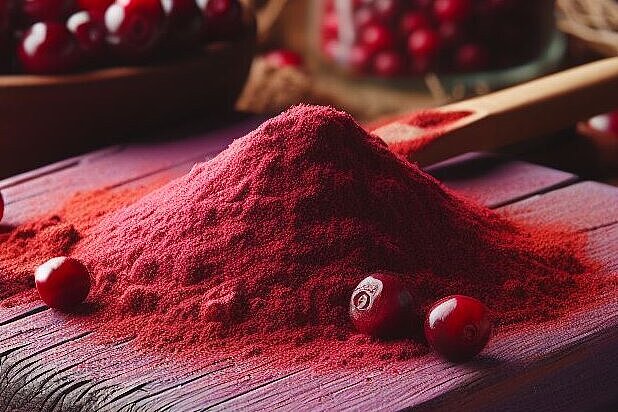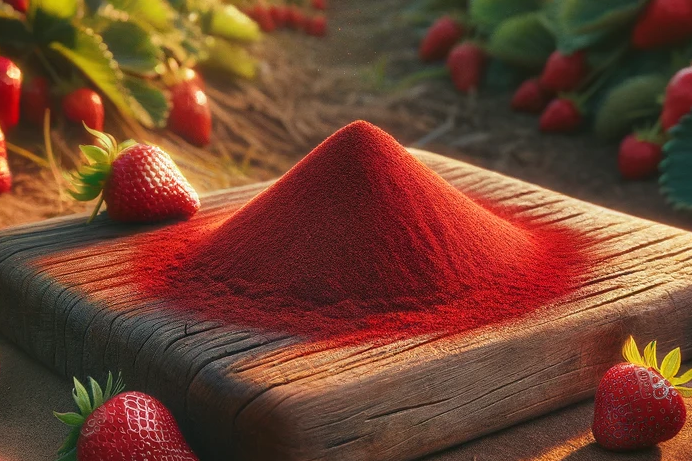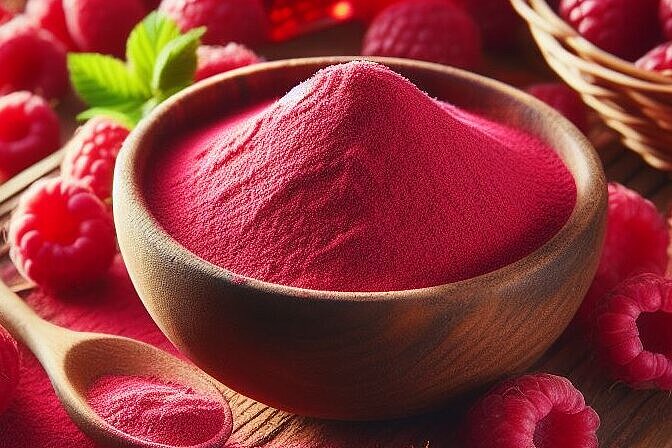Lemon powder
In the world of dog dietetics, new horizons are constantly opening up in terms of ingredients and supplements designed to improve the well-being of our faithful companions. One ingredient that has recently attracted attention is lemon powder. This fine, aromatic powder holds both secrets and promises for the health of our dogs. But what exactly is behind this citrus wonder and how does it affect our four-legged friend? Dive into the world of lemon powder with me, explore its benefits, risks and learn how you can safely integrate it into your dog's diet.
What is lemon powder?
Lemon powder is produced by drying and then pulverizing lemon juice or peel. It preserves the intense flavor and aromatic oils of the lemon in a form that is easy to store and use. This powder can be used as a flavor enhancer, vitamin source or even as a natural preservative in various foods including dog snacks and food supplements.
Benefits of lemon powder for dogs
Natural source of vitamin C
Lemon powder is rich in vitamin C, an important antioxidant that strengthens the immune system and helps protect cells. It also supports the production of collagen, which is essential for joint, skin and coat health.
Promoting digestive health
The fibers contained in lemon powder can aid digestion and contribute to healthy intestinal flora. In addition, the mild acidity can stimulate saliva production, which aids digestion.
Fresh breath
The aromatic lemon powder can help freshen your dog's breath. The antibacterial properties of lemon help to reduce germs in the mouth that can cause bad breath.
Risks and precautions
Citrus allergies
Some dogs can be allergic to citrus fruits. Watch out for signs of an allergic reaction, such as itching, rash or indigestion, when you first introduce lemon powder.
Gastrointestinal irritation
The acidity in lemons can cause gastrointestinal irritation in some dogs, especially if consumed in excess. Start with small amounts and observe your dog's reaction.
Potential toxicity
While the pulp and juice of the lemon are generally safe for dogs in small amounts, the peel and especially the oil contained in it can be toxic in larger quantities. Make sure the lemon powder you use is safe for dogs to consume.
Integration into the diet
Care should be taken when introducing lemon powder into your dog's diet. Start with a small amount to test tolerance and increase slowly if no negative reactions occur. Lemon powder can be used as an ingredient in homemade dog biscuits or as a flavor enhancer in conventional food.
Lemon powder, when used correctly, can be a valuable addition to your dog's diet. It offers health benefits such as boosting digestion and the immune system, but also requires a certain amount of caution and observation to avoid potential risks.
If you notice any signs of hypersensitivity or poisoning in your dog, you should see your vet immediately. We are not a substitute for a vet, but we try to be as accurate as possible. Every dog reacts differently and we recommend you get a second opinion or consult your vet if in doubt.
Stay healthy and take good care of your four-legged friend!😊
Similar to Lemon powder
Apples are not only healthy and tasty for humans, but also for dogs. They can be given to dogs in small quantities as a snack as long as they do not contain seeds or peel, which can contain...
Cranberry powder is made from the dried fruit of the cranberry plant (Vaccinium macrocarpon). These bright red berries are known for their nutrient density and antioxidant properties. The powder...
Strawberry powder is a product made from freeze-dried strawberries. This means that the fresh strawberries are frozen at very low temperatures and then dried in a vacuum chamber. During this...
Raspberry powder is a product made from dried and ground raspberries. It has an intense flavor and a bright red color. Raspberry powder is a convenient way to get the benefits of raspberries without...



